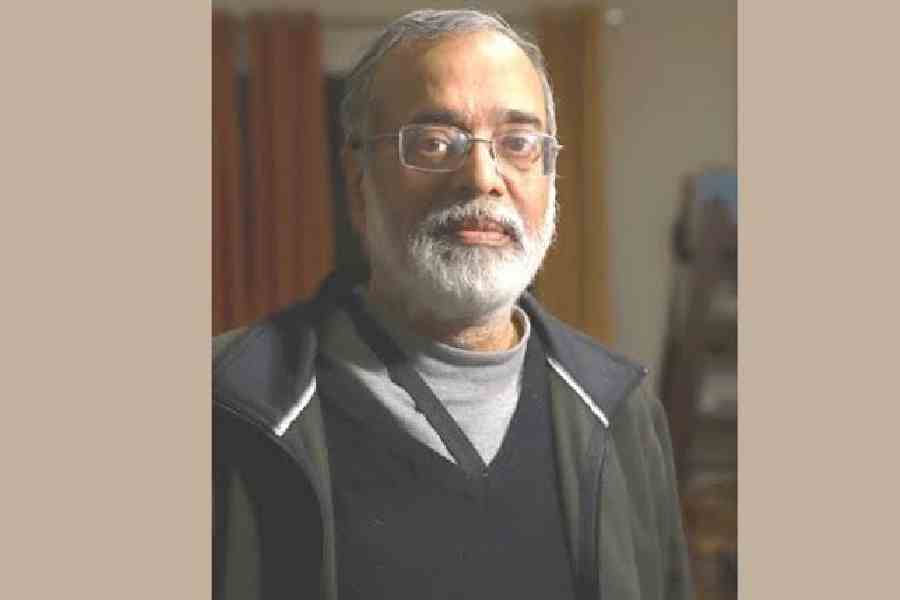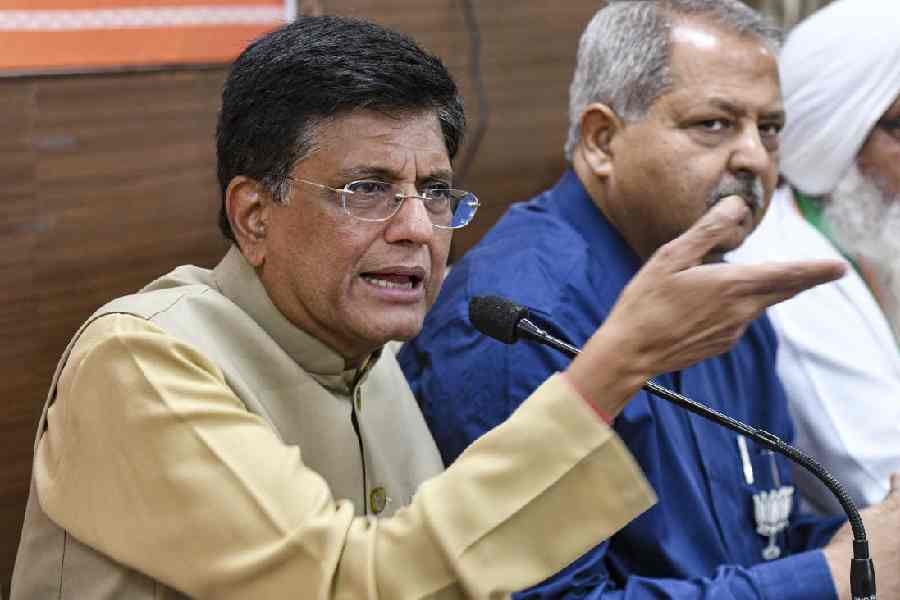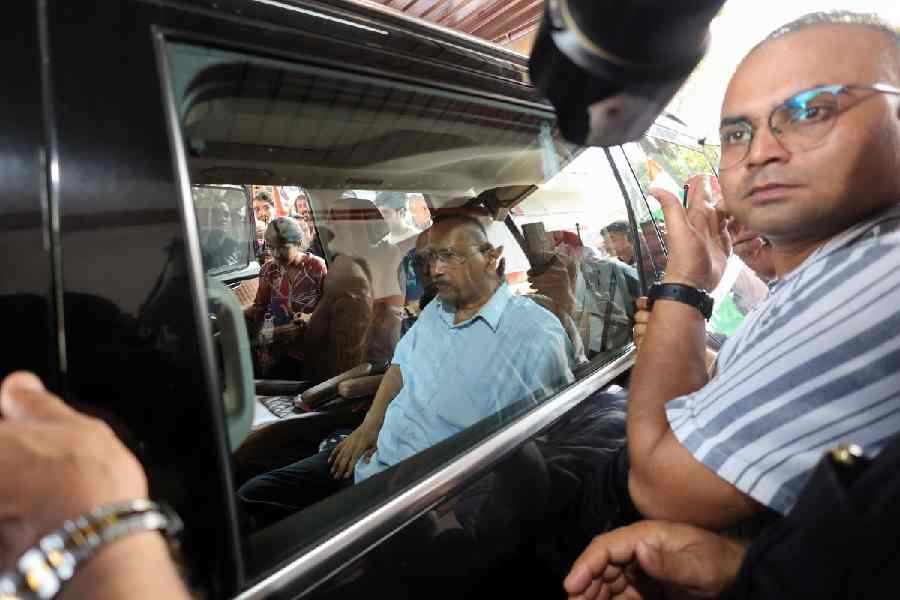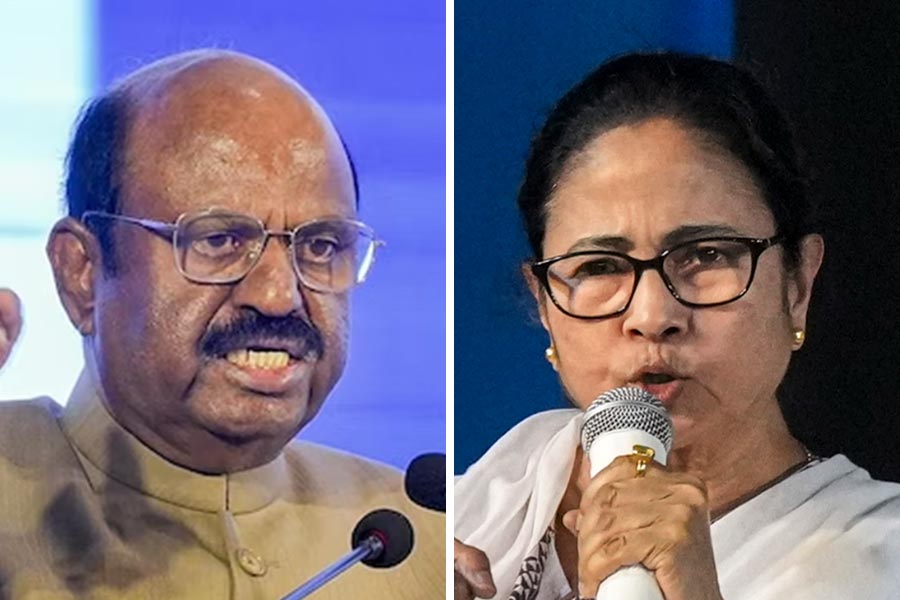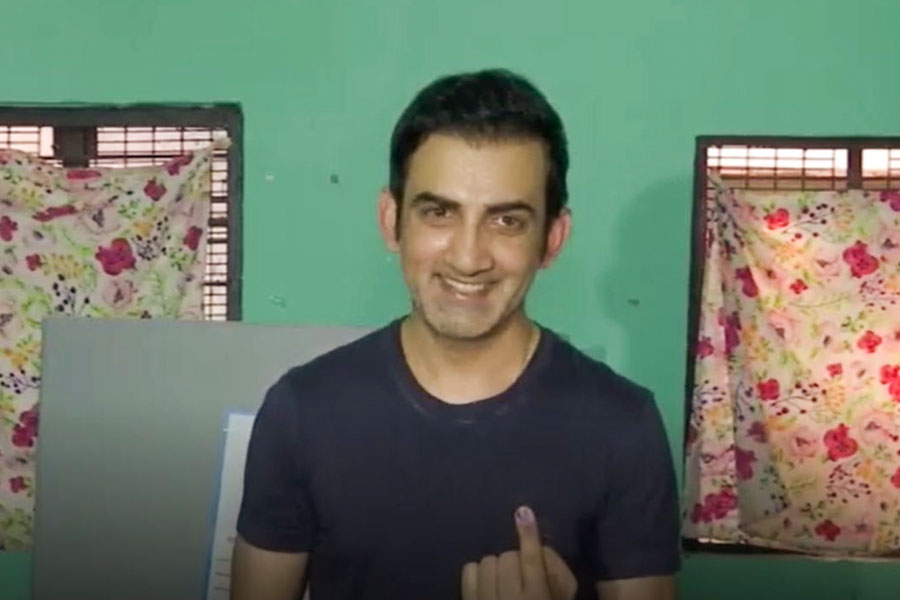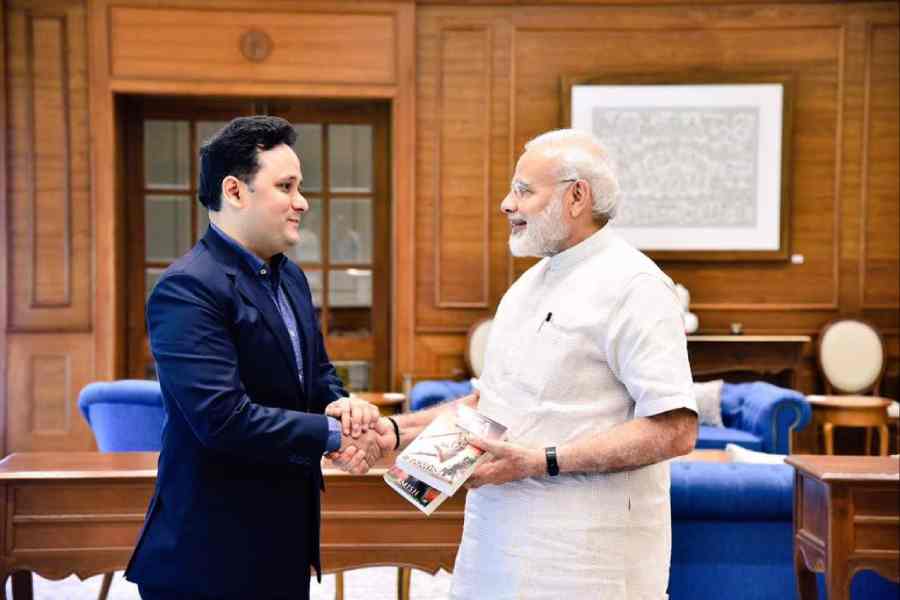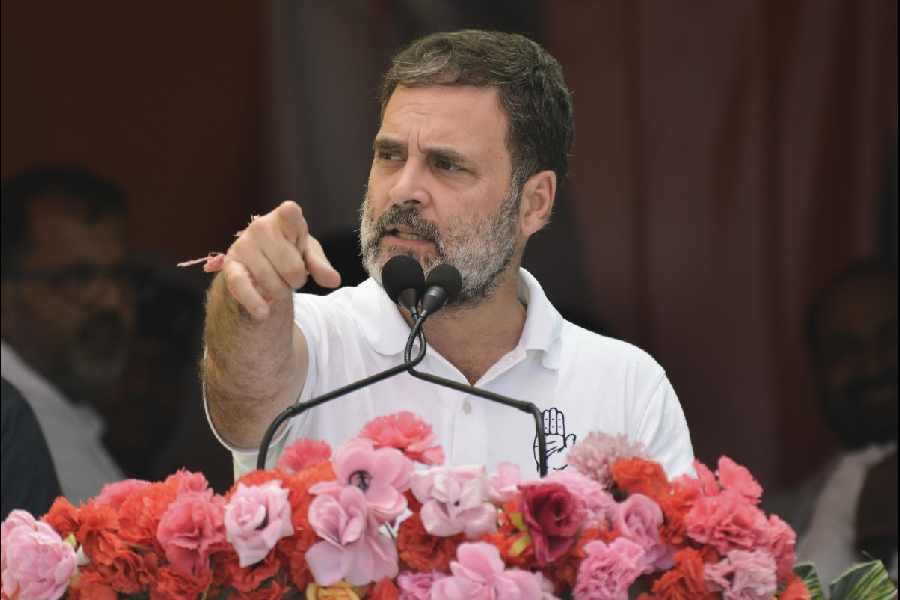The Supreme Court order releasing Prabir Purkayastha, the founder-editor of the news portal, NewsClick, after over seven months of confinement under the Unlawful Activities (Protection) Act has wide ramifications. The court considered Mr Purkayastha’s arrest ‘vitiated’ and invalid because the grounds for it were not given to him or his lawyer at the time; even the copy of the first information report, filed in August, was not provided until October, after the remand order. Hence, Mr Purkayastha did not know why he had been arrested until he had been incarcerated. This violated Article 22 of the Constitution which makes this information a constitutional right. The Supreme Court also described as ‘clandestine’ the act of producing Mr Purkayastha before the magistrate for the mandatory appearance within 24 hours without informing his lawyer. This deprived the editor of the right to counsel and the opportunity to resist the prayer for remand or seek bail. It was a ‘blatant attempt’ to circumvent due process and mislead the court.
The Supreme Court referred to its order in the 2023 Pankaj Bansal case: providing the accused with reasons at the time of arrest is compulsory under the Prevention of Money Laundering Act. The same requirement has now been pronounced to be mandatory for UAPA cases. The court had said in 2023 that the Enforcement Directorate could not be ‘vindictive’; it should act with probity, fairness and dispassion. The court’s remarks in these cases are keenly pertinent at the present time. In a recent ruling, the Supreme Court said that the ED was powerless to arrest persons without the court’s permission once a PMLA court had taken cognisance of the complaint, neither should trial courts take into custody people obeying a summons. Violations of procedure and the deprivation of constitutional rights have become habitual with law enforcement authorities. Mr Purkayastha had claimed that the police had no warrant for his arrest or the seizure of his digital devices. The raid on NewsClick included the interrogation of and seizure of devices from employees and writers of the organisation on a charge of illegal funding. Mr Purkayastha’s release raises questions about other arrests of protesting students, mediapersons and activists. The Supreme Court’s orders and the grounds for them should push regulatory and law-enforcing institutions into recovering their fairness and independence.

